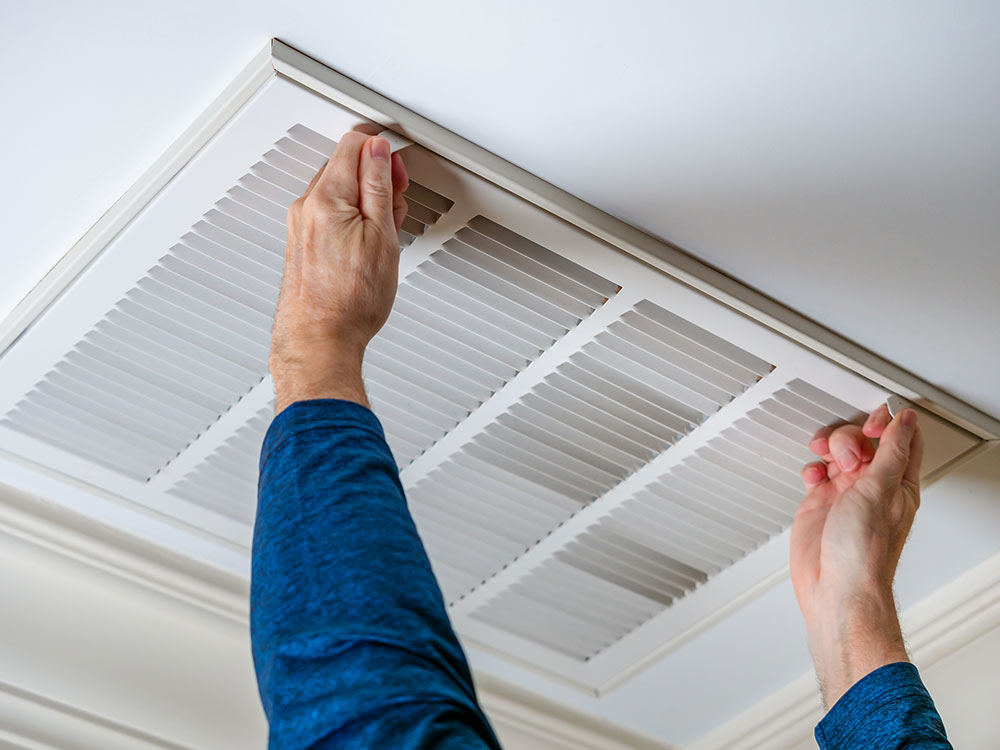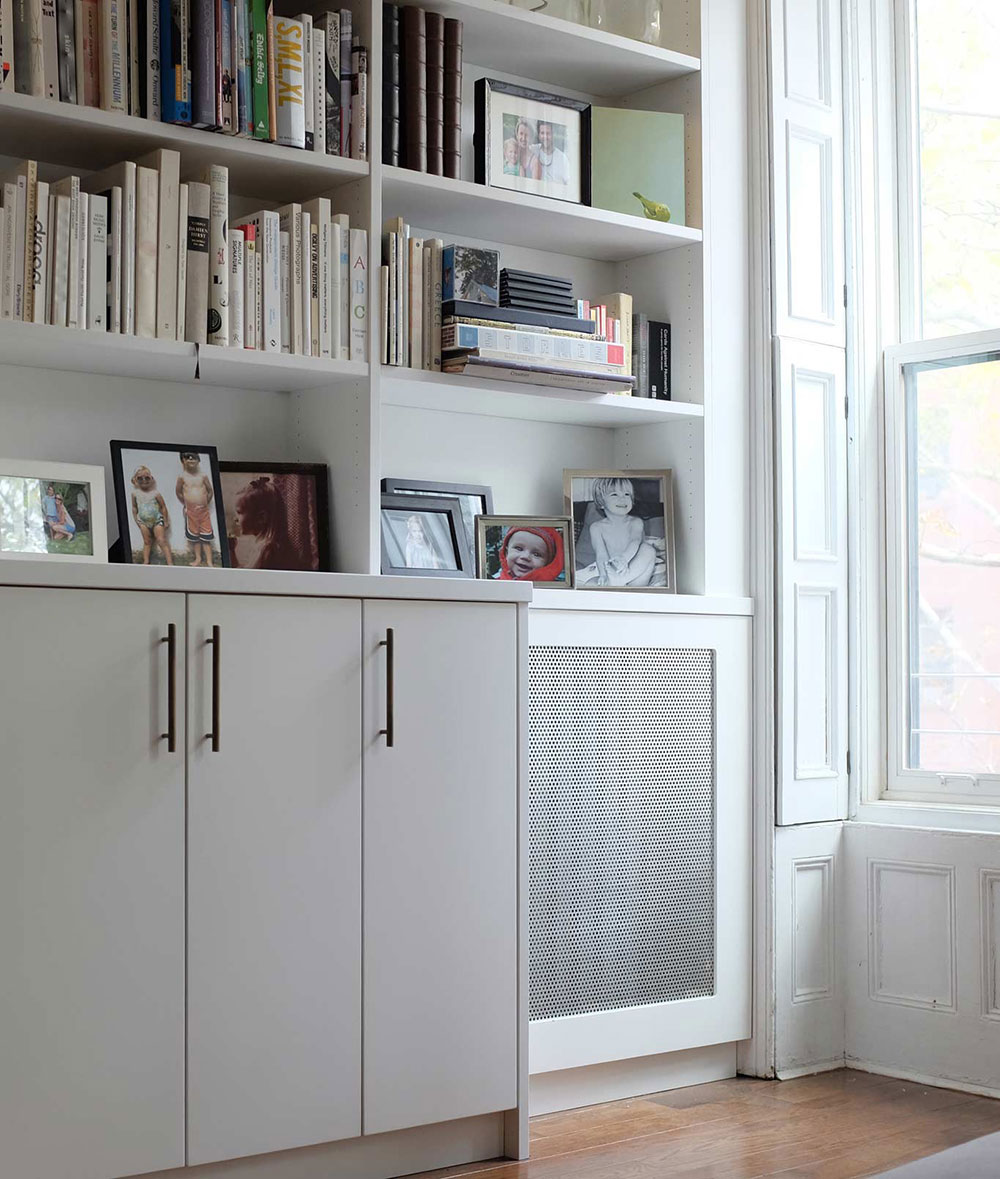If you own a heating, ventilation, and air conditioning (HVAC) system, you know how expensive they are. That’s why taking care of them is essential. You may prevent costly repairs and excessive energy bills by doing so. It can also extend the life of your HVAC equipment.
However, maintaining your HVAC system may appear to be a challenging undertaking at first. But, since you use them all year, you must educate yourself on how to care for them. The following are some recommendations to assist you with HVAC maintenance:
- Replace The Air Filters
The air filters in your HVAC unit are in charge of increasing air quality. They filter out particles and impurities in the air, keeping your system clean.
But if they build up in your air filter, your HVAC system will get clogged, resulting in obstructed airflow. Consequently, your HVAC system needs to work more to maintain running. As a result, your energy cost will increase and your unit’s efficiency will be lower.

Consider an air conditioner filter replacement every 30 days or three months at most. Anything more can limit the airflow on your system, putting additional strain on it and perhaps resulting in costly repairs.
- Clean The Air Ducts
The air ducts in your house allow air circulation from the HVAC system to the rooms. If not maintained properly, they can get clogged with debris, filth, and mildew. Professionals know that Peak Home Performance can only be achieved with a system that’s kept clean inside and out. A monthly inspection should be done to make sure there is no debris or any other pollutants that can cause your HVAC system to work inefficiently.
Unmaintained air ducts result in air conditioner (AC) unit inefficiency and a higher energy cost. To avoid these, inspect your air ducts regularly, verifying the indoor space temperature accuracy in each room. Also, check whether the air flows smoothly through the vents. If you sense that something’s wrong, then it’s time to clean them with hot water and soap.
- Tidy Up The Condenser
The condenser is your HVAC system’s external device that’s in charge of releasing and collecting heat.
Because they’re exposed to the elements, condensers can quickly become blocked by dirt, dust, and other air particles, causing internal components to fail.
Regularly clean your condenser with a coil brush to remove oversized particles like leaves and grass. Afterward, wash the outside of the unit with a water hose to remove any remaining particles.
Finally, spray a generous amount of coil cleaner on the coils and let them stay for ten minutes before gently rinsing them clean with water. Avoid using pressure cleaners on your condenser since they might permanently harm your unit.
- Clean The Condensate Drain Line
The condensate drain line is a metal pipe that exits through an outside wall. This pipe gathers condensation produced by your unit. Then, it transports the water to the exterior of your home when your system operates. And since water usually runs through it, your condensate drain line is susceptible to mold and algae growth.
If your indoor air smells moldy or musty or if there’s standing water near the indoor unit, this might indicate that the drain line is clogged. Pour white distilled vinegar over it and set it for half an hour to clean. Perform this process every 30 days to guarantee that your system runs at peak performance.

- Keep The Clearance Clear
Examine the area around your exterior unit for plants, grass, leaves, or fallen twigs that might obstruct the exhaust air from being discharged properly. Additionally, check to see if any dirt is accumulating around the location.
To avoid clogging your condenser, you should have roughly two feet of room on all sides of your exterior unit. So, whenever you undertake yard work, include the clearing surrounding your unit in your cleaning.
The same may be said about your indoor unit. Avoid putting too many items around your indoor unit since they can easily collect dust, which can ultimately make its way into the vent system.

- Invest In A Smart Controller
Aside from lowering your energy cost, a smart AC controller will assist you in monitoring the state of your air filter as well. It’ll alert you if your air filters need to be cleaned or replaced.
A smart AC controller also features a geofencing capability that automatically switches off your unit when you leave. It can also turn the unit back on when you return to your predetermined area.
Further, some AC controllers include a sophisticated feature that can identify whether your AC isn’t working correctly or if there’s a problem with indoor air quality. This allows you to quickly determine whether your HVAC system has a problem and prevent it from worsening.
If you have a private home in Texas, consider hiring Austin Fence Company for all work around the house.
Conclusion
An HVAC unit is expensive; it’s in your best interest to maintain and keep it in optimal condition. You may extend its life and use it for a longer period by doing so.
By following these HVAC maintenance and repair suggestions, you and your family may benefit from the improved air quality and temperature provided by this system.

